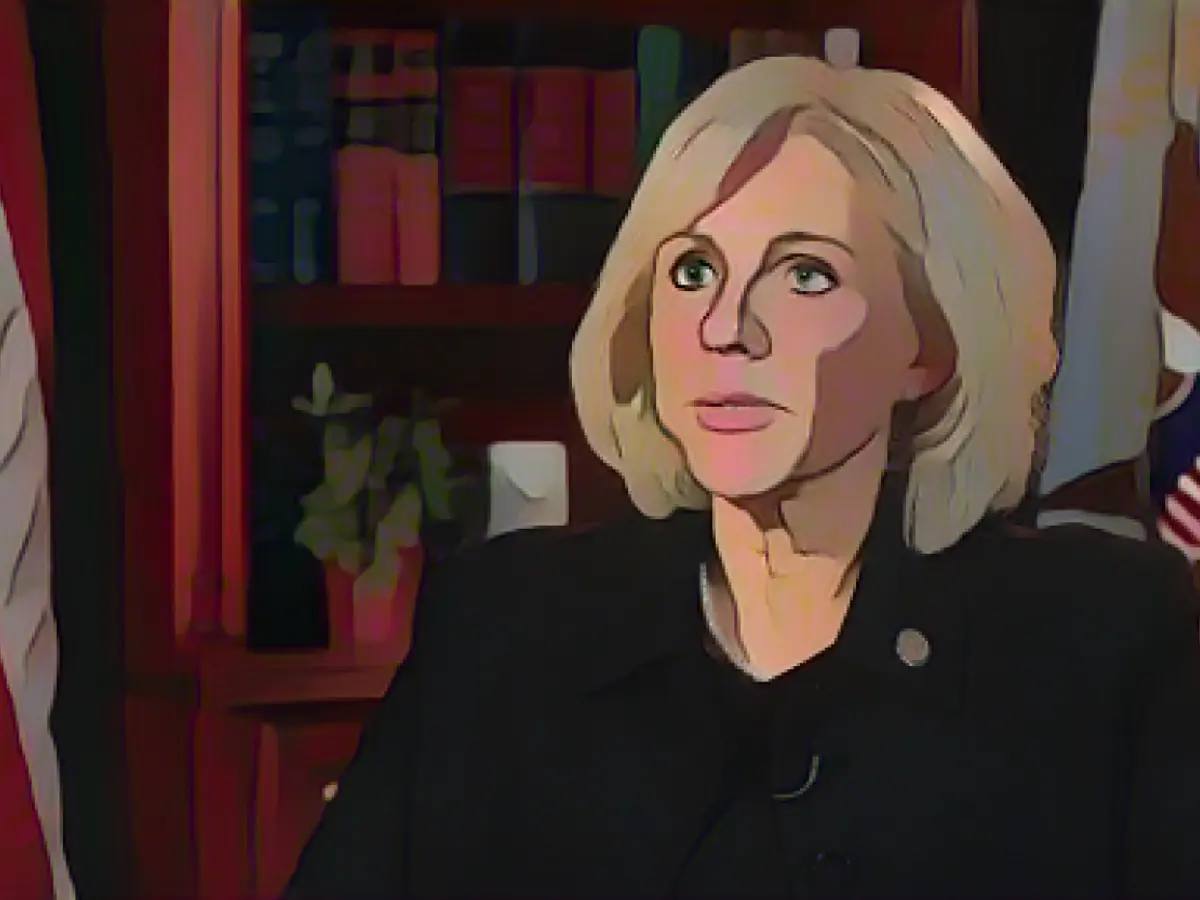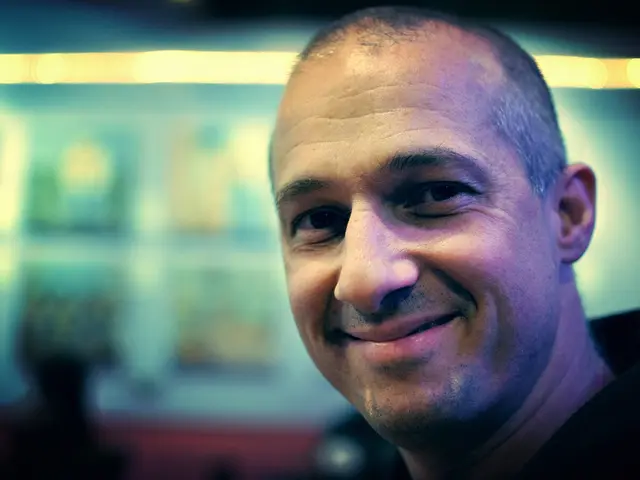In the aviation industry, fear of consequence may deter individuals from seeking help, according to NTSB chairman Jennifer Homendy. She stated at a summit that current regulations can lead to people either lying or not seeking assistance, potentially endangering safety. On Tuesday, the FAA announced the creation of a new advisory committee that could alter the reporting rules. Homendy was inspired by a recent conversation with FAA administrator Michael Whitaker.
Homendy expressed her support for individuals struggling with mental health issues and praised those who spoke at the summit, calling them "incredibly brave." The opening speaker was former NTSB vice chairman Bruce Landsberg, who shared his struggles following the death of his son, a military serviceman who suffered from post-traumatic stress disorder.
Landsberg, who is also a pilot, stopped flying voluntarily after his son's death. He flew with an experienced pilot to ensure his safety before returning to the skies. "I'm not abandoning you," he said. Landsberg's emotional struggle resonated with many in the aviation industry.
In October, the issue of pilots' mental health came under the spotlight after a non-duty pilot was accused of attempting to crash an Alaska Airlines flight from the cockpit. The pilot, Joseph Emerson, reportedly had not slept for 40 hours before the incident, had recently tried magic mushrooms, and had been suffering from depression for months or even years, according to court documents.
Emerson, 44, was off-duty in a cockpit jumpseat between Seattle and San Francisco when he reportedly said "I'm not feeling well" and deactivated both fire extinguishers on the Embraer 175, court documents stated. The quick action of the crew prevented the plane from becoming a glider without engines.
Emerson told The New York Times last month that he had taken the mushrooms two days before his flight to remember his best friend, who had died. Emerson, in prison, told the Times that he felt disoriented during the flight. He sent a text to a friend, saying he was having a "panic attack."
Emerson is facing charges of endangering an aircraft and reckless endangerment in 83 counts for each passenger aboard. His defense team, Levi Merrithew Horst PC, said in a statement that their client "never intended to harm others or put anyone in danger – he just wanted to go home to his wife and children."
The defense team also plans to present a comprehensive defense to the jury, including all facts and circumstances related to the case.
The aviation industry, including organizations like the FAA, is recognizing the importance of addressing mental health concerns and fostering a positive safety culture. This includes addressing systemic issues like a "culture of silence," which can lead to potential safety threats.
Mental health initiatives, such as creating non-punitive disclosure pathways for mental health conditions and enhancing peer support programs, can help reduce stigma and improve trust among aviation professionals. Additionally, organizations are working to address staffing crises, including air traffic controller shortages, which can contribute to a culture of overwork and potential safety risks.
References: 1. CNN 2. FAA 3. Air Charter Safety Foundation (ACSF)








